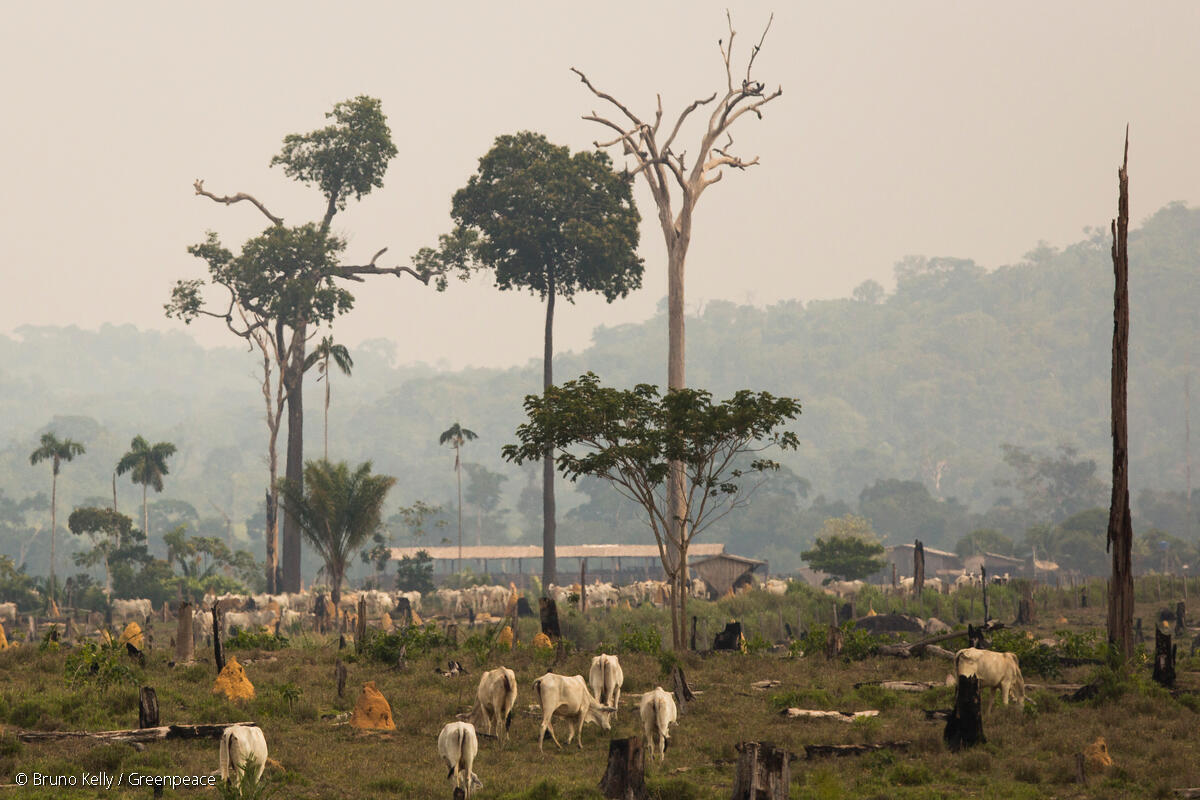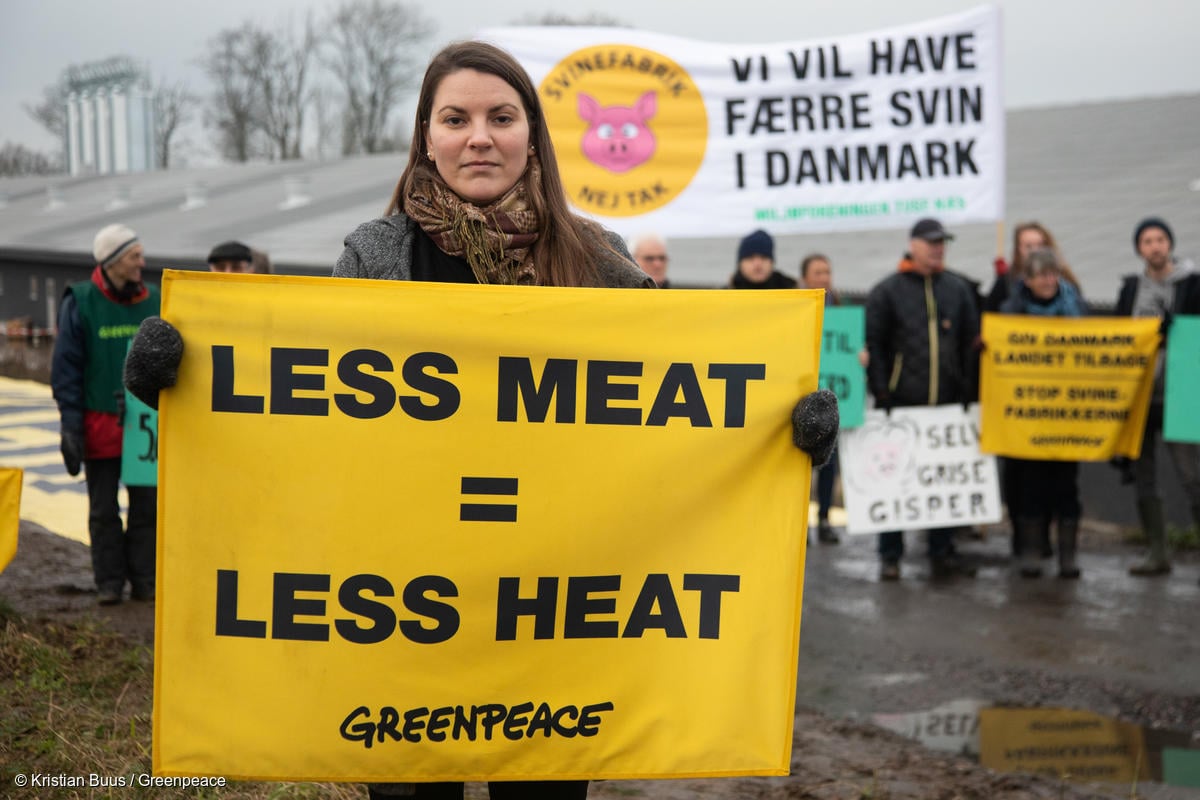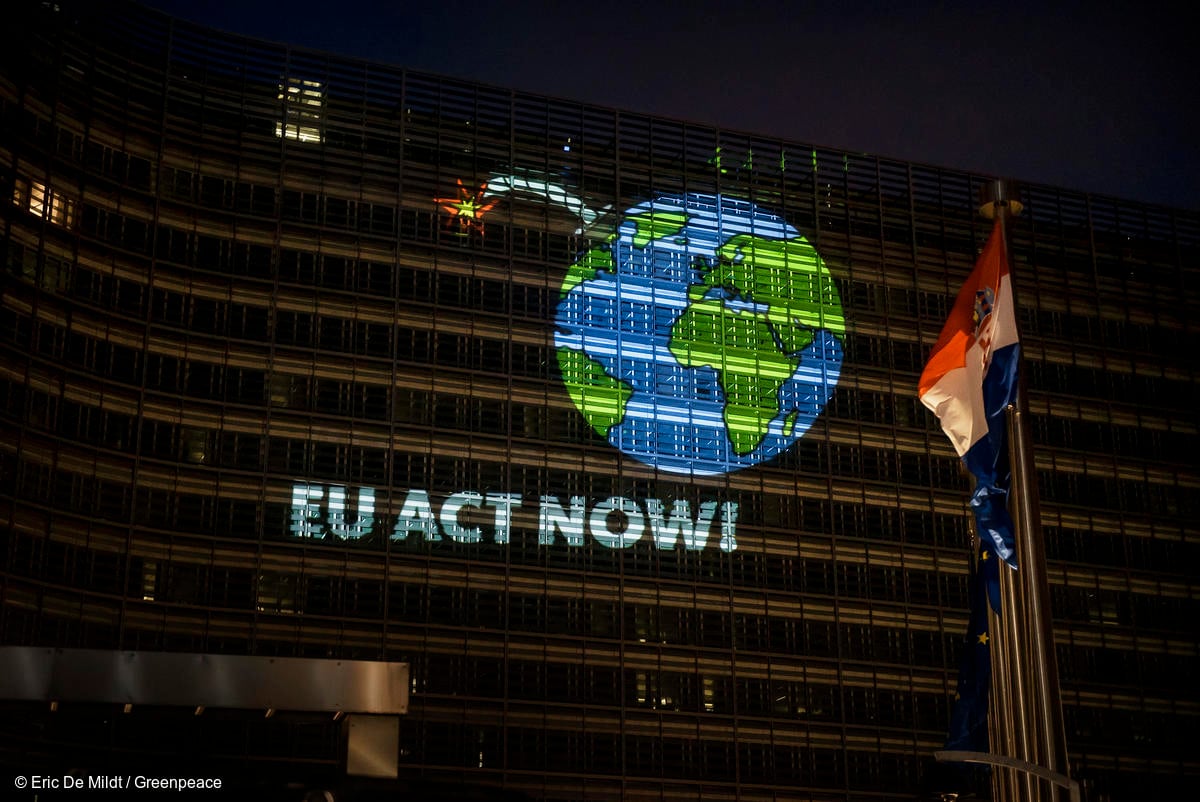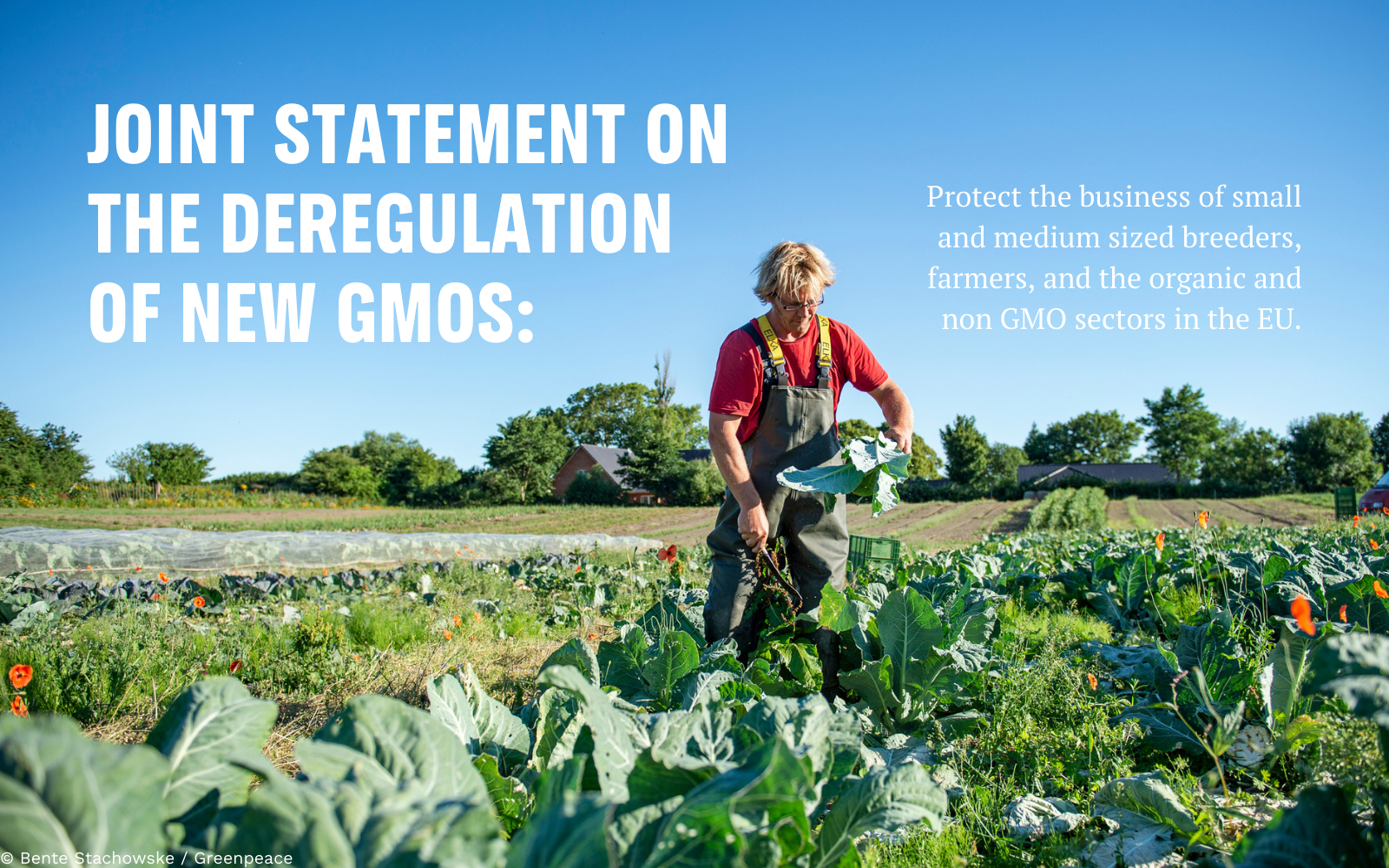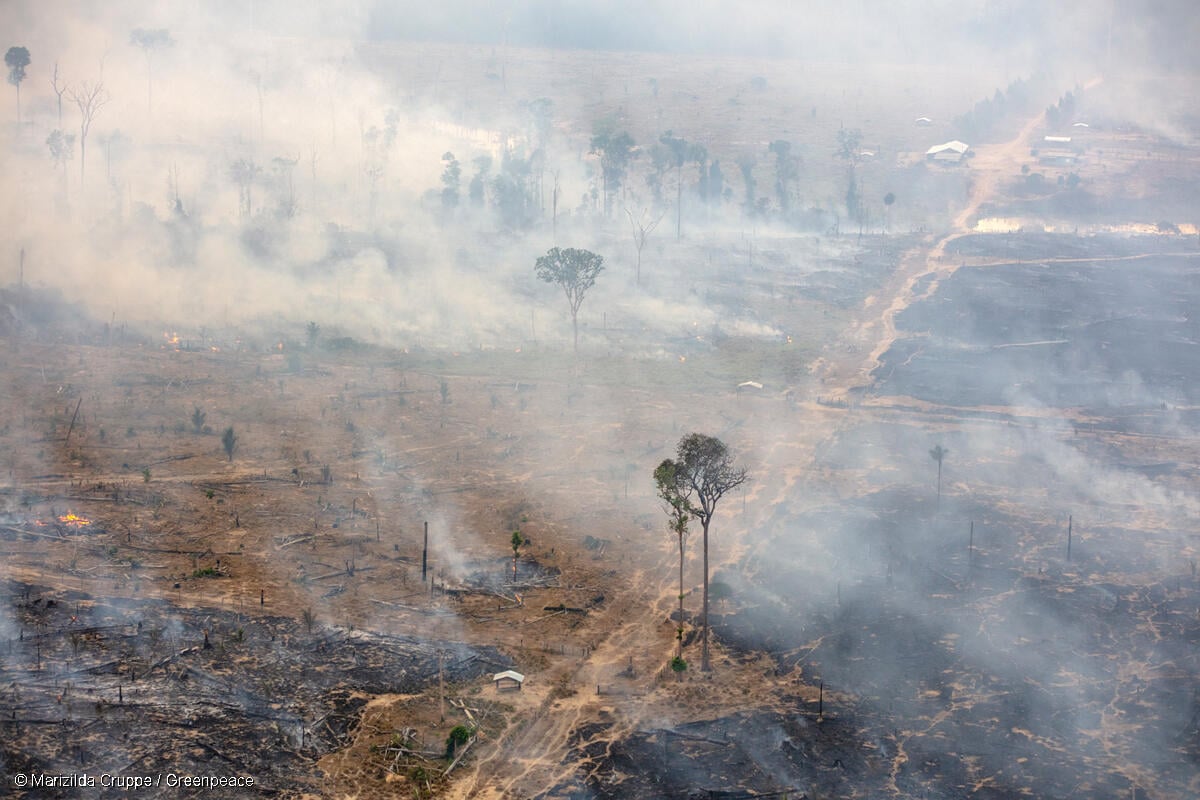All articles
-
Briefing: EU-Mercosur and the EU Deforestation law
The Amazon rainforest is the world’s largest tropical forest. It is critical for a livable Earth: this forest absorbs massive amounts of carbon and regulates weather patterns. It’s home to…
-
EU-Mercosur deal would boost world’s biggest meat company’s profits by over €1 billion
According to Profundo’s research, JBS, the largest meat producer on earth, could gain €1.7 billion in extra profits before tax and €1.2 billion after tax by 2040 if the EU-Mercosur deal is adopted.
-
Time for farmers and nature to thrive – policy briefing
Europe is facing escalating climate shocks – heatwaves, droughts, and floods – that threaten food production and expose the fragility of the current food system. These extreme weather events already…
-
New GMOs: sorting spin from facts – media briefing
The European Parliament’s environment committee will vote on Tuesday to start the final phase of negotiations on a controversial draft EU law on a new breed of genetically modified organisms (GMOs). These GMOs are produced with new genomic techniques (NGT). European governments and the European Parliament are divided and the political fight is expected to…
-
EU governments back loophole for new GMOs
Brussels – EU governments have supported a loophole for new genetically modified crops (GMOs) in the EU’s regulations to protect people and nature from potential risks, a move that Greenpeace…
-
EU Commission’s tunnel vision on food and farming
Brussels – New European Commission plans for the European agri-food sector, published today, do little to curtail the environmental, climate and socioeconomic threats facing most farmers, and ignore the findings…
-
EU Commission competing with Musk and Trump on deregulation
Brussels – The European Commission’s work programme for the next 5 years, published yesterday evening, plans to rip up protections for people’s rights and the planet to boost corporate profits,…
-
200+ environment and farmer groups: new GMOs, old problems
Brussels, 11 February 2025 – European countries must protect farmers, small- and medium-sized seed breeders, and the organic and GM-free sectors from threats to their business posed by the deregulation…
-
Joint Statement: Protect the business of small and medium size breeders, farmers, and the organic and non GMO sectors in the EU
Download the full joint briefing here.
-
EU deforestation law to be delayed as new threat emerges from EU-Mercosur trade deal
The EU's deforestation law will be delayed after right-wing attempts to gut it failed, but the EU-Mercosur trade deal could still deal the deforestation law a fatal blow


